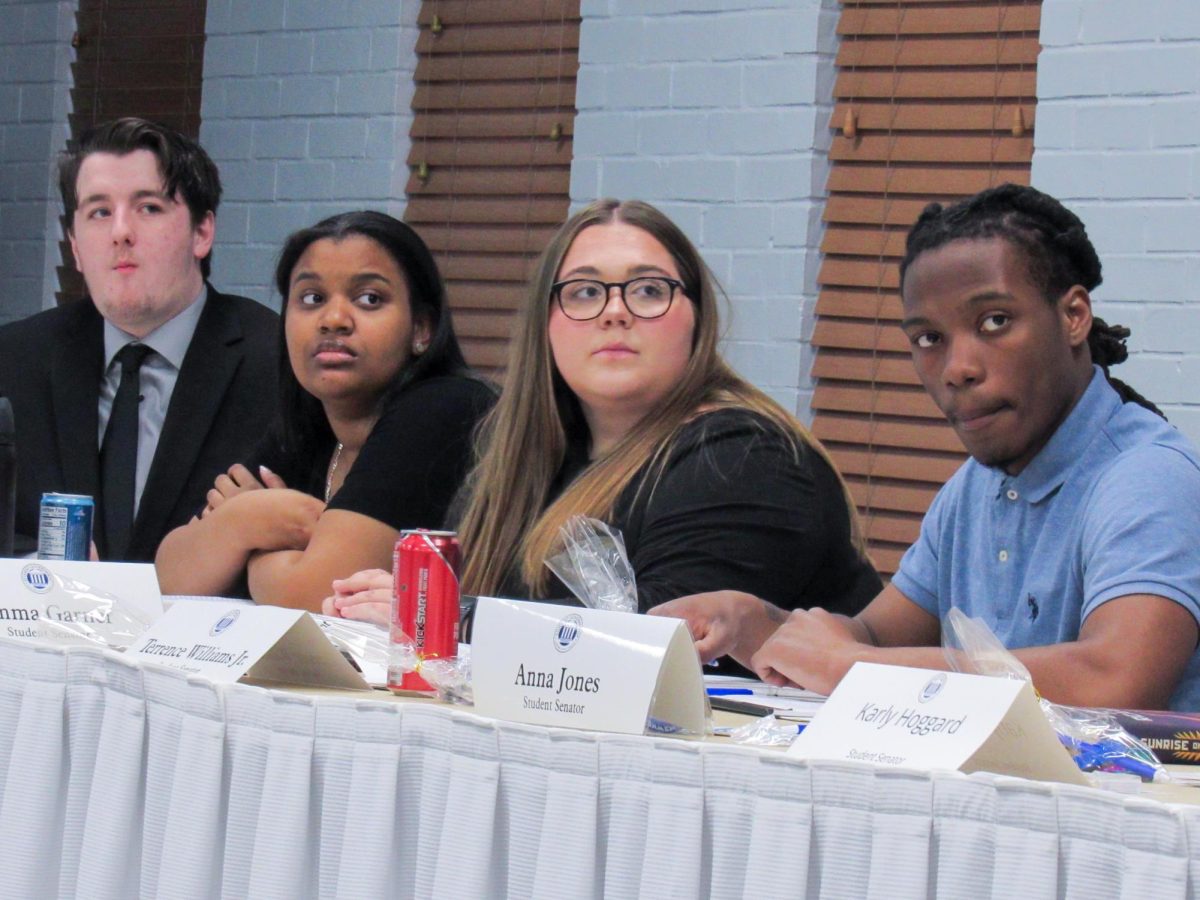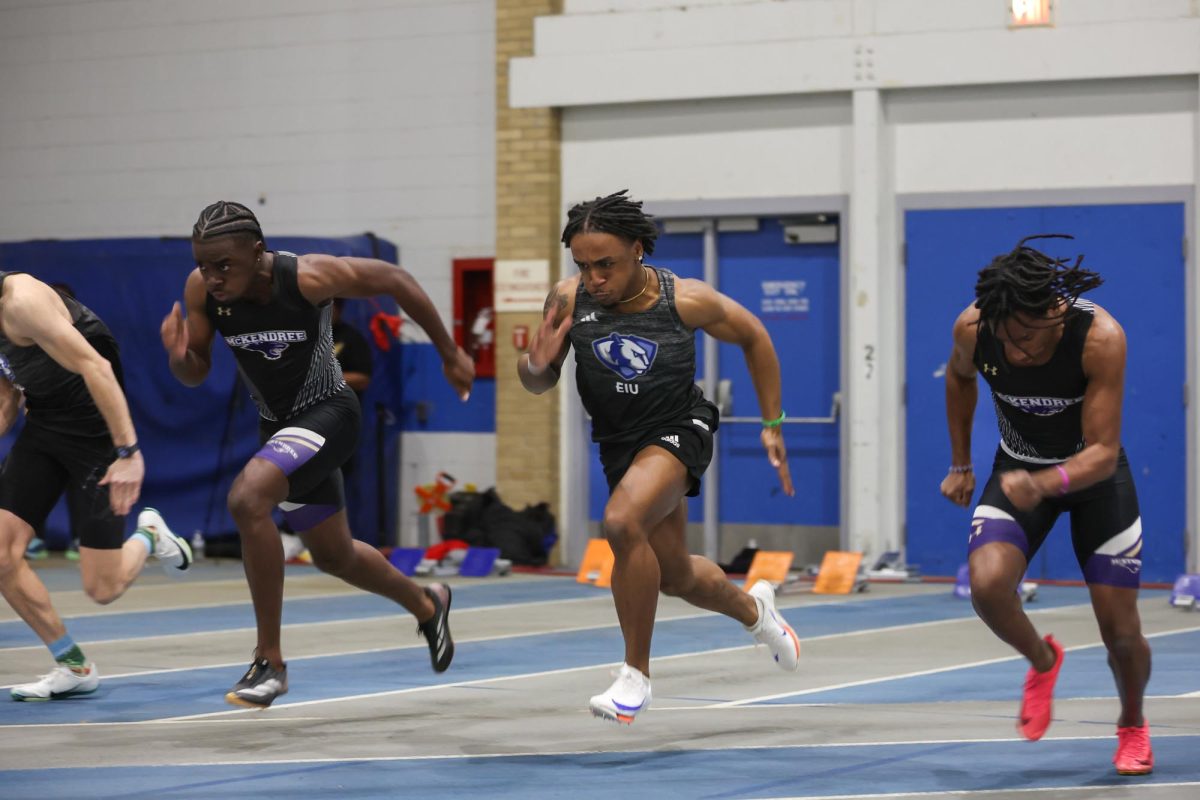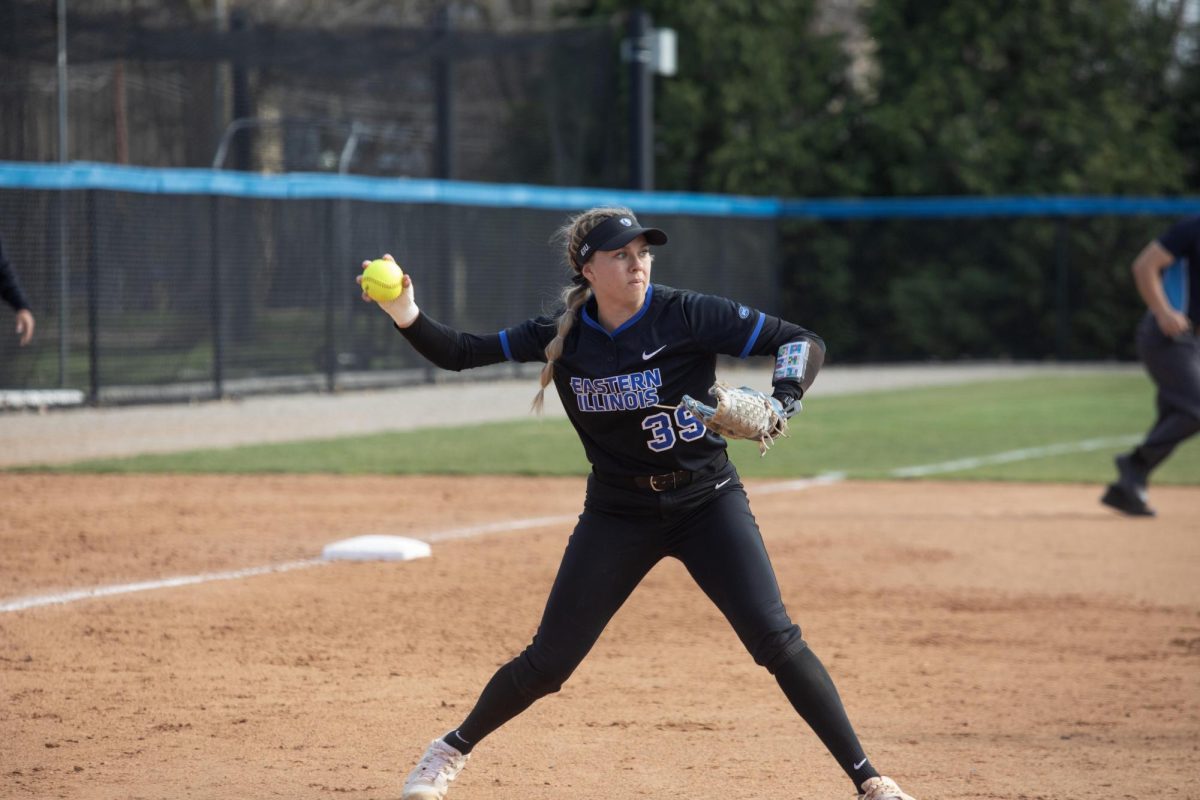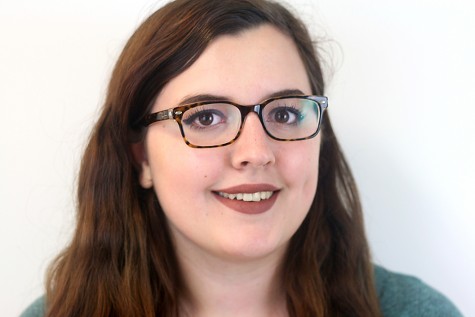Diversity leads to better understanding
February 5, 2018
Almost every day you can find something that perpetuates a stereotype, whether it is on television, in the news or during real life experiences.
These stereotypes include but are not limited to Asians as smart, black people as criminals, Indians as convenient store owners, women as bad drivers and much more.
This is obviously painting humans with a broad brush.
You might see these stereotypes as unfair or you might not notice them at all; it all depends on your own cultural background and biases.
These cultural backgrounds and biases can become dangerous if people faction instead of seeing outside of their bubble and trying to understand others.
If we segregate by race, gender, ethnicity, class etc. then we are only able to see through one perspective, which causes us to perpetuate these stereotypes.
When a group is diversified you realize how ridiculous and untrue these stereotypes can be.
But it goes much further then just hanging out with people of different gender, race, ethnicity or class.
Just because you have a black friend does not mean you cannot be racist. You do not get to tokenize a human being for your moral benefit.
Diversifying a group means discussing different identities and trying to put yourself in their shoes to understand them better.
Although you might not ever be able to understand, making the attempt to listen and taking yourself out of your own biases can bring you back down to Earth.
Having an open conversation about our identity is important because these constructions have shaped lives.
This conversation can help to squash the constructed ideas of who a group is.
For example, before my senior year of high school I never thought of myself as anything but a young pansexual (this came a little later) woman.
I did not think about how I was white because I did not have to. Even though I might have experienced issues because of my class and sexual orientation, I never thought about the fact that other people passed judgment based on skin color.
I also followed a very problematic brand of feminism: white feminism. This movement only focuses on the advances of middle to upper class white women.
When I got into college and joined EIU Fem, I learned about inclusiveness and how other women are facing much different and arguably much worse oppression from our patriarchal society.
Before college, I never knew the issues women of color or trans-women faced or what being non-binary meant in general.
These are just a few of the issues that affect people of another demographic and it goes so much deeper with several intersections along the way.
When I think about when I first called myself a feminist I laugh about my small-minded way of thinking about activism.
Even though I learned about how other people were facing very different issues that still involved feminism, I knew that growth was not over and it never would be. Not with every intersection.
Something we need to remind ourselves of is that we are still learning and that we will never stop.
The more we learn about our own identities and others, the better we can stand united with an understanding of one another.
Abbey Whittington is a junior journalism major and can be reached at 581-2812 or anwhittington@eiu.edu.













![[Thumbnail Edition] Junior right-handed Pitcher Lukas Touma catches at the game against Bradley University Tuesday](https://www.dailyeasternnews.com/wp-content/uploads/2025/03/MBSN_14_O-e1743293284377-1200x670.jpg)

![[Thumbnail Edition] Senior Foward Macy McGlone, getsw the ball and gets the point during the first half of the game aginst Western Illinois University,, Eastern Illinois University Lost to Western Illinois University Thursday March 6 20205, 78-75 EIU lost making it the end of their season](https://www.dailyeasternnews.com/wp-content/uploads/2025/03/WBB_OVC_03_O-1-e1743361637111-1200x614.jpg)







































![The Weeklings lead guitarist John Merjave [Left] and guitarist Bob Burger [Right] perform "I Am the Walrus" at The Weeklings Beatles Bash concert in the Dvorak Concert Hall on Saturday.](https://www.dailyeasternnews.com/wp-content/uploads/2025/03/WL_01_O-1200x900.jpg)
![The team listens as its captain Patience Cox [Number 25] lectures to them about what's appropriate to talk about through practice during "The Wolves" on Thursday, March 6, in the Black Box Theatre in the Doudna Fine Arts Center in Charleston, Ill.](https://www.dailyeasternnews.com/wp-content/uploads/2025/03/WolvesPre-12-1200x800.jpg)
















